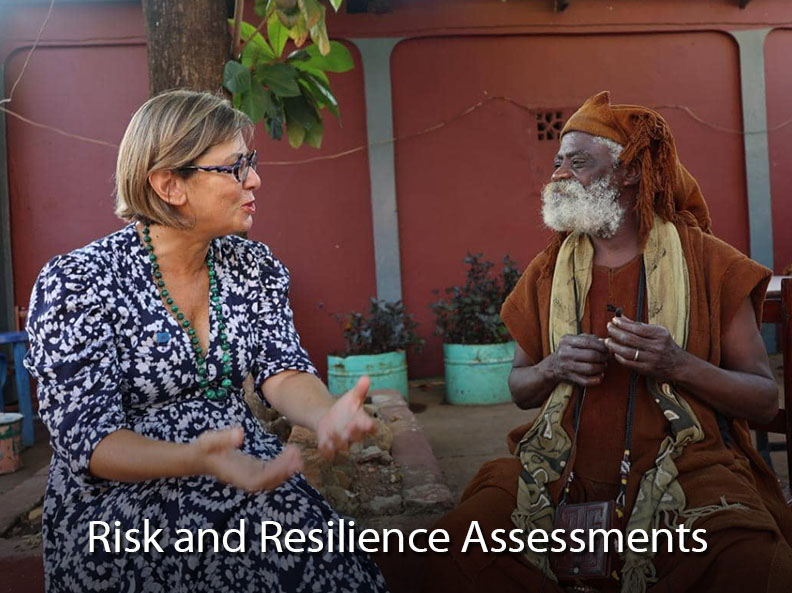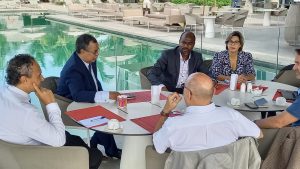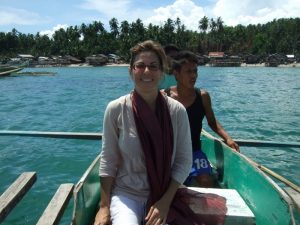Risk and resilience assessments
Beyond peace has extensive experience conducting risk and resilience assessments, including in Africa, Asia and the Middle-East, where we have been working with the UN, INGOs and the UK government.
During these assignments our analysis revealed key emerging patterns, enabling us to develop targeted risk mitigation strategies and empower local change-makers.
Our approach involves :
– Understanding the drivers of fragility and resilience
– Conducting comprehensive and gendered stakeholder mappings
– Using multi-disciplinary methodologies including key informants interviews, desk reviews, and field in-person observation
– Delivering tailored assessments reports with recommendations on entry points for diplomatic action and peacebuilding.



